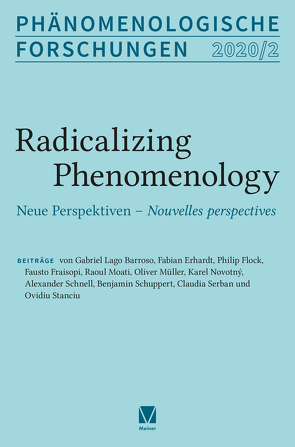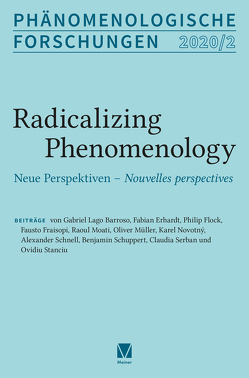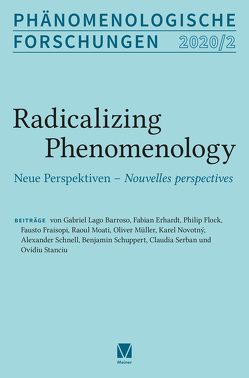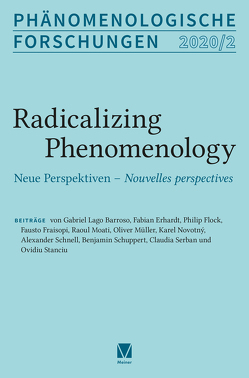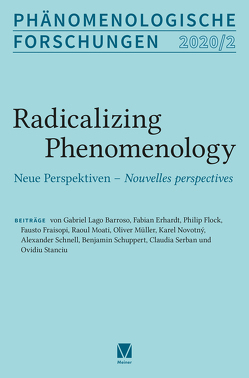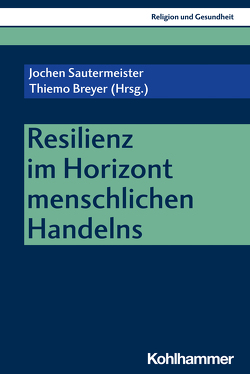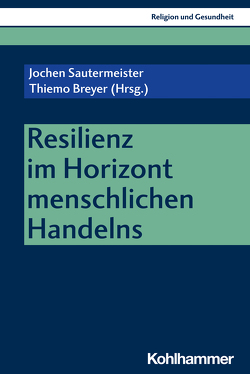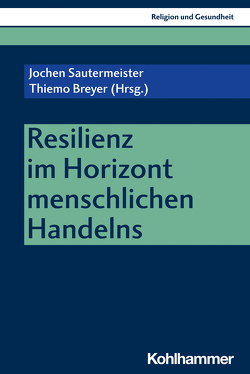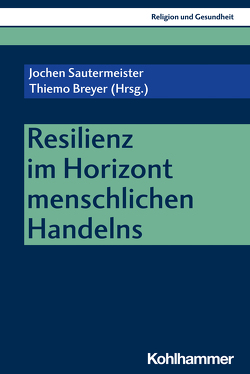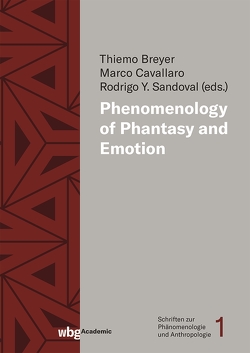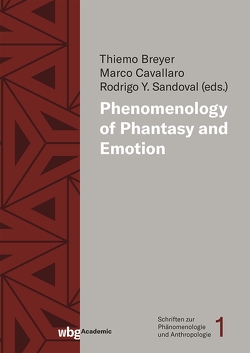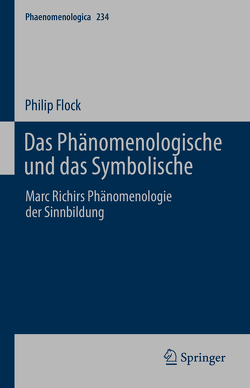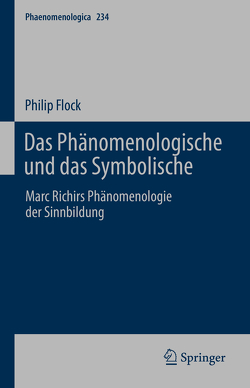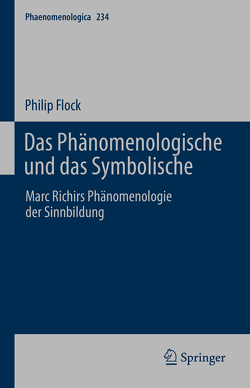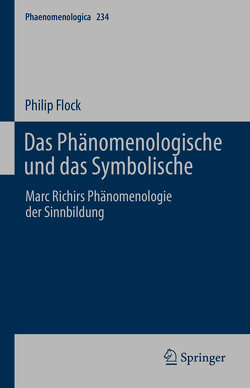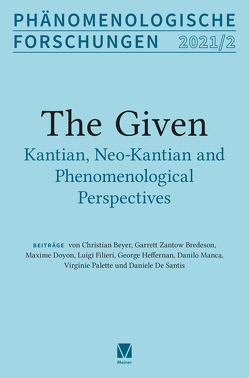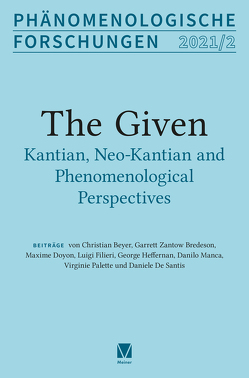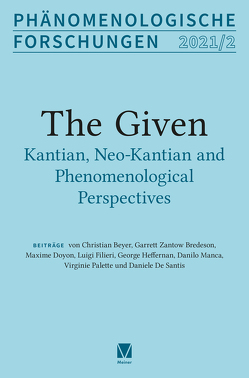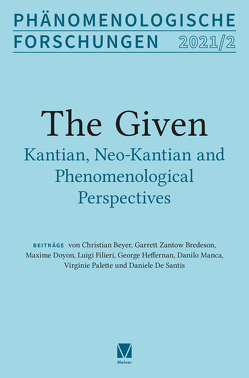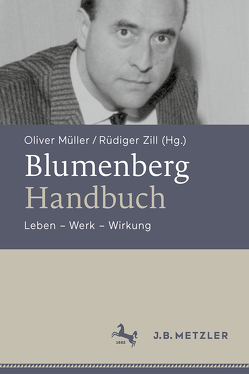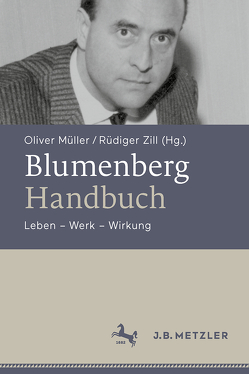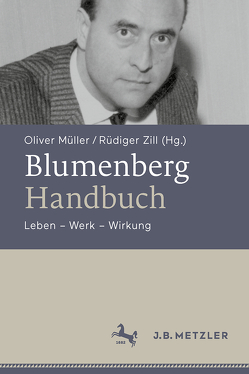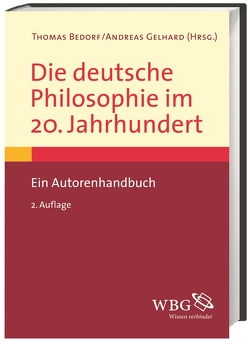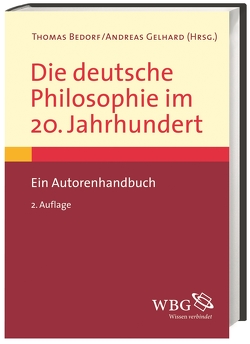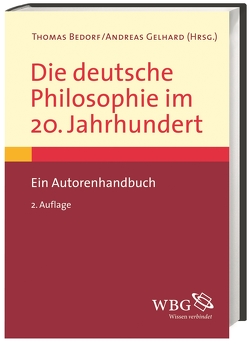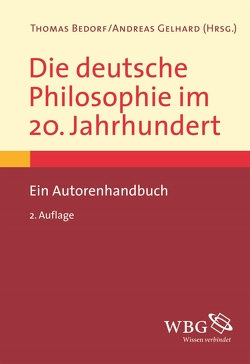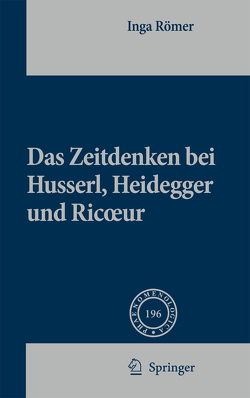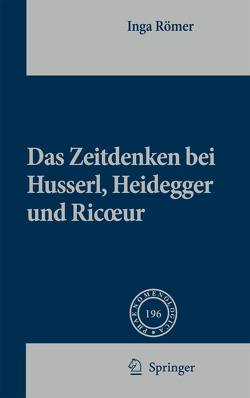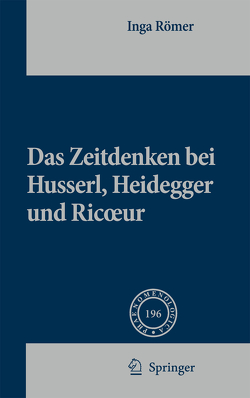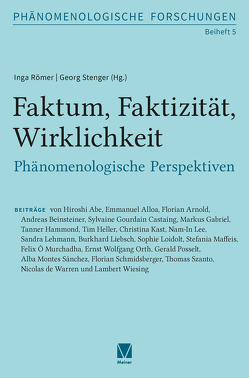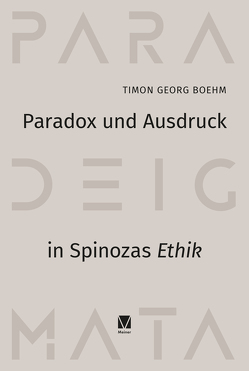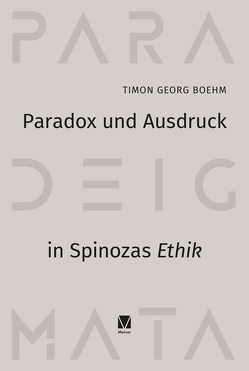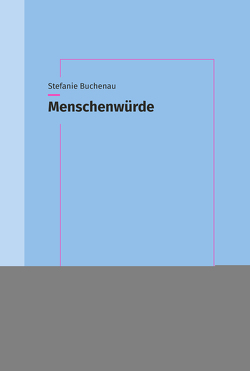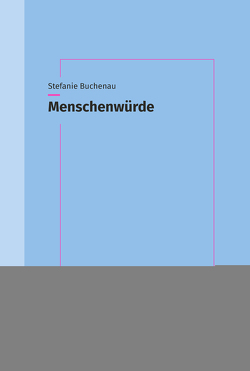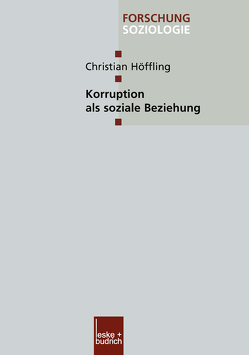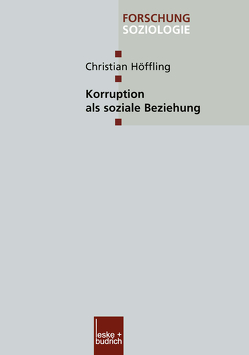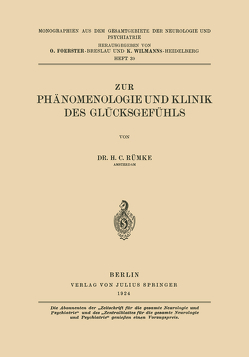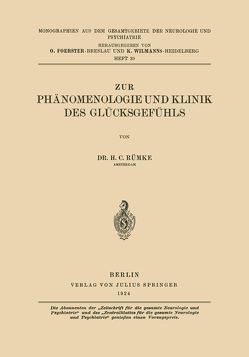Radicalizing Phenomenology. Neue Perspektiven – Nouvelles perspectives
Gabriel Lago Barroso, Thiemo Breyer, Marco Cavallaro, Fabian Erhardt, Philip Flock, Fausto Fraisopi, Julia Jansen, Raoul Moati, Oliver Müller, Karel Novotny, Inga Römer, Alexander Schnell, Benjamin Schuppert, Claudia Serban, Ovidiu Stanciu
Abstracts
Fraisopi, Fausto: Einleitung. Radikalität,Häresien und Horizonterweiterungen des phänomenologischen Denkens
Barroso, Gabriel Lago: Die Spaltung von Sein und Welt. Zu Heideggers Begriff der Metaphysik
This paper attempts to clarify Heidegger’s concept of metaphysics as it is developed in the period immediately after the publication of Being and Time. According to Heidegger, the concept of metaphysics contains two different tasks: the question of Being as such (Sein als solches) and the question of being asa whole (Seiende im Ganzen). These two tasks correspond to Fundamental Ontology and Metontology. Based on this distinction, I argue that the concept of metaphysics introduces a fundamental change in the philosophical project of Being and Time. Firstly, I show in what sense Fundamental Ontology can be understood as an immanent critique of Phenomenology, which attempts to overcome an omission in its account of the transcendental field. Secondly, I argue that Metontology should not be taken as an attempt to develop regional ontologies lacking in Being and Time, but as a new philosophical task concerning the world as being as a whole. However, this task cannot be considered on the basis of the concept of world presented in Being and Time. Metontology is concerned with a new account of the phenomenon of nature and of Heidegger’s concept of facticity, which goes beyond the boundaries of the Analytic of Dasein.
Stanciu, Ovidiu: La radicalisation de la phénoménologie chez Eugen Fink.
My paper aims to lay out the main tenets of the philosophical project Eugen Fink unfolded in his post-war writings and argues that his enterprise is situated at the crossroads between two compatible yet distinct lines of inquiry: a phenomenology of mediality and a philosophical cosmology. The twofold orientation followed byFink’s radicalization of classical phenomenology can best be grasped if we pay heed to the double critical strategy he put in place in order to overcome what he deemed to be the shortcomings of Husserl’s phenomenology. In the first place, Fink undertakes a »phenomenological” critique of Husserl, showing that the paradigmatic models underlying Husserl’s analysis and, most notably, the preeminence granted to the »individuated thing”, drastically limit the field available for a phenomenological description. On this account, Fink’s critique aims at expanding the domain phenomenology can explore. However, in the second place, Fink points to the limits inherent to phenomenology as such, and advocates for the necessity of supplementing phenomenology’s descriptive analysis with a speculative approach. In this sense, his project of radicalizing phenomenology is tantamount to unveiling the speculative presuppositions undergirding and orienting any descriptive inquiry.
Novotný, Karel: Welt und Erscheinen bei Jan Patočka. Nähe und Distanz zu Edmund Husserl und Eugen Fink
The influence of Eugen Fink on Jan Patocˇka is undeniable. Fink was his first advisor in questions concerning the phenomenology of the late Husserl in the mid-1930s. But as one can see in the correspondence between Patocˇka and Fink, there are also some hints to divergences, which this paper tries to make explicit, mainly on the basis of some later works and manuscripts by Patocˇka. They concern the status of the whole of the world (Weltganzes) as being different from the human lifeworld (Menschenwelt) and the double concept of appearing in the cosmology of Fink, which Patocˇka – in the early 1970s – confronts with a project of an »asubjective” phenomenology. This project, introduced by an unambiguous criticism of the Cartesianism in Husserl, still maintains a certain proximity to Husserl, defining itself as a formal transcendentalism of appearing as such that is not divided into two modes of appearing as in Fink. It can be read as Patocˇka’s radicalization of the originary Husserlian project of phenomenology, rather than as its cosmological abandonment in an accordance with Fink.
Schuppert, Benjamin: Der Zwischenraum des Erscheinens und die doppelte Lektüre. Zu différance und Phänomenalität in Derridas Die Stimme und das Phänomen
This paper attempts to clarify the relationship between phenomenology and deconstruction in Jacques Derrida’s Voice and Phenomenon. I argue that the in-between status of deconstructive readings becomes visible only if we understand the double movement of reading, which neither refutes phenomenology nor simply carries on its program. As I show, the necessity of a »double reading” can be grasped only in terms of the figure of diff.rance, which escapes the opposition between appearing and disappearing. Since there is no linear transition from the field of phenomenality to diff.rance, deconstruction can only articulate itself as a transgression of the text, a transgression contained in the text itself which at the same time points to its irreducible duplicity.
Serban, Claudia: Les expériences de l’impossible. Radicalisations de la phénoménologie chez Michel Henry et Jean-Luc Marion
If a certain primacy of possibility (existential possibility or egological potentiality) can be acknowledged in both Husserl and Heidegger, the French reception of phenomenology deploys one of its important means of accomplishing its radicalization gesture by putting forward the experiences of the impossible, as the case of Michel Henry and of Jean-Luc Marion shows. Michel Henry elaborates a radicalized phenomenology, which deals with the radical immanence of life, whose passivity and finitude reveal an impossibility that only an infinite, absolute Life can overcome. For Jean-Luc Marion, the givenness of the phenomenon discloses its extreme possibility, that of its saturation, which makes its subjective constitution impossible and paves the way for the phenomenological possibility of divine revelation. Our inquiry attempts to show that both these endeavours can be ultimately regarded as radicalizations of the finitude of the living (or human) being.
Flock, Philip: Jenseits der Ontotheologie?. Über verschiedene Unendlichkeitsbegriffe in der Architektonik phänomenologischer Metaphysik
Is phenomenology a metaphysics of its own type? This is the question that L,szl0 Tengelyi interprets affirmatively in his last oeuvre. Such a type can be characterized as a metaphysics of transgressiveness in contrast to the metaphysics of potentiality. According to Tengelyi, phenomenology must therefore be thought of in the form of a diacritique of world and infinity, which can be seen as the metaphysical architectonics of the transfinite. By relating the difference between thing and world to the difference between transfinite and absolute infinite, it is to be proven that the actual infinite belongs to the reality of the world, precisely in the sense of phenomenology. We want to critically appreciate this attempt of radicalization by confronting it with another radicalization approach: Marc Richir’s phenomenology. This will show that in the starting point of the thing-world difference a subtle subjectivism or quasi-Cartesianism is inherent, which does not do justice to the infinity of the world, one which even includes the radical sense of uninhabitability.
Müller, Oliver: Postphänomenologie. Über eine technikphilosophische Methode
Inmycontribution, I aim at introducing ‘postphenomenology’ to the Germandebate. Postphenomenology is a philosophical approach developed by the U.S.-American philosopher Don Ihde, and currently intensively discussed and further developed within a lively international community. I will pay special attention to Don Ihde’s adaptation of ‘classical’ phenomenology. Ihde himself draws on Husserl, Merleau-Ponty, and Heidegger, transforming their phenomenology into a modified ‘hybrid’ phenomenology that primarily focuses on the technical mediation of our self- and world-relation. Against this background, I describe four basic assumptions of the postphenomenological methodology (such as the new configuration of ‘subject’ and ‘object’). Furthermore, I introduce and discuss Ihde’s (inter)relational ontology, including his distinction between ‘embodiment relations’, ‘hermeneutic relations’, ‘alterity relations’, and ‘background relations’. And finally, I ask whether it could be a problem of this approach when postphenomenology provides highly interesting descriptions of human-technology engagements, but hardly develops perspectives of a critique of technology, so that ultimately a radical reflection of the ‘technological condition of our existence’ remains missing in this approach.
Fraisopi, Fausto: Die Idee einer spekulativen Phänomenologie (als Mathesis).
What is, what could, and what should be a speculative phenomenology? If, according to Fink, Husserl’s phenomenology was characterized by an »anti-speculative attitude”, we have to decide what »speculative” means here and if phenomenology can really take such an attitude. Rather than trying to lead phenomenology toward a speculative thinking that is »extrinsic” to it, we will try to find out in what sense phenomenology can find a speculative thinking that is, and remains, intrinsic to it, in a dimension characterized by a radical metaphysical neutrality. After showing that the phenomenological approach is per se »speculative”, namely in the more original and non-metaphysical (or metaphysically neutral) meaning of the ancient »The/ria”, I will outline four forms of such speculative phenomenology as forms of Mathesis. In the second part, I will present the basic concepts and theses towards a Mathesis of subjectivity as part of a phenomenological-speculative approach to forms of self-reference and to an existential dimension. In the third part, this approach will be integrated in a renewed form of meta-theoretical Mathesis as a new issue for the old phenomenological project of a theory of possible forms of theories. In the fourth part, I will focus on the deep relationship between a speculative nonmetaphysical approach to knowledge (theories) and the need to sketch a phenomenological meta-ontology (meta-ontological Mathesis). In the fifth and last part of the paper, I will present a general perspective inwhich the previous forms of Mathesis converge in a non- or metametaphysical questioning about reality
Schnell, Alexander: Zum „Absoluten“ in der generativen Phänomenologie.
This contribution seeks to establish the link between an approach to the concept of the absolute and the question of being in phenomenology. In a first part, different sketches of this topic are presented by major representatives of 20th century phenomenology. The concept of »being” is first addressed by Heidegger in the Contributions to Philosophy. Then the »absolute” in Fink’s phenomenology is discussed, as well as the »new ontology” of phenomenology according to Levinas. The historical considerations end with Richir’s concepts of »pre-being” and »transcendental” (in particular, the transcendental matrix of phenomenalization as explained in Le rien enroul.). The central part of the study elaborates the »generative matrix of ‘Sinnbildung’” at the heart of a generative ontology, the three fundamental concepts of this matrix being correlativity, significance, and reflexivity. The deployment of the self-reflexive sensemaking processuality results in the establishment of the table of this generative matrix. In a final moment, we will deliver the three determinations of »being” as the »absolute” of generative phenomenology and we will establish the link between the »absolute” of generative phenomenology and Fichte’s concepts of »reflexibility”.
Moati, Raoul: La radicalité métaphysique de l’être chez les premiers phénoménologues français.
Versions of the »Idealist” position dominated twentieth century Continental Philosophy, although this position has recently come in for influential criticism from contemporary »Speculative Realists”. My paper shows, however, that the basis for a forceful critique of the Idealist position was already laid by two crucial but poorly understood figures in the twentieth century continental tradition: Levinas and Sartre. I propose to defend herea Neo-Realist view together with Levinas and Sartre based on a demonstration of a »transphenomenality of being” against the Idealist option taken by the first phenomenologists. The goal of this work is to build arguments in favor of the Realist position against Husserl’s Idealism through a close reading of Levinas’ and Sartre’s ontological phenomenologies.
Erhardt, Fabian: Was ist „fulgurative Erfahrung“?. Zum spekulativen Minimalismus der hyperbolischen Epoché bei Richir
This essay is based on the assumption that any ambition to ask how objects are actually able to appear is bound to a »speculative minimalism”. To be able to thematize »the intentional” as a form of our experience, our experience must not coincide with its intentional structure. The initial indication of this phenomenological finding is a constitutive and specific indeterminacy, which is co-realized in every determinacy within the intentional order. Marc Richir’s concept of a hyperbolic epoché is finally to be brought into play as an approach to a contemporary, systematic integration of speculative minimalism and the transcendental ambition of phenomenology.
